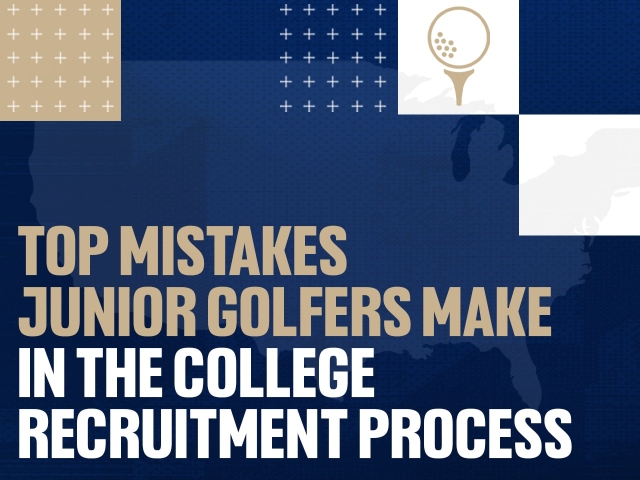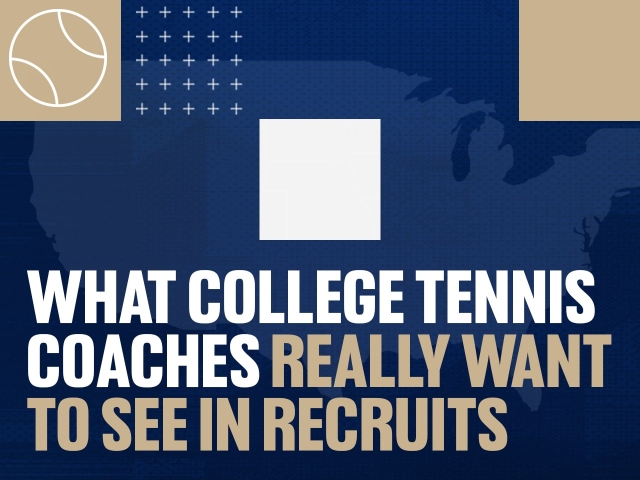Acceptance Rates
An important part of a college reputation is student ability. Typically, schools that have great reputations field a great deal of applicants. In turn, these schools can pick and choose exactly who they want to come to their institutions. And since they can select the very best of students, their reputations stay intact. It’s an ongoing cycle. Think of it like this: Step 1 - A school has a strong reputation Step 2 - The school attracts numerous, highly qualified applicants Step 3 - The school can be extremely selective Step 4 - The school’s alumni achieve a high level of success and visibility And that takes us back to step 1… In the top 10 most selective colleges we find the likes of Harvard, Yale, Stanford, Columbia, Princeton and MIT – all of which generally accept somewhere between six and 10 percent of their applicants. Obviously these are great schools. But how did these schools get their reputations in the first place?History
It stands to reason that the schools that have been around the longest are the most well-known. This certainly lends itself to obtaining a good reputation. Additionally, schools with long histories develop door-opening networks of alumni. Small liberal arts schools and some large public institutions have great alumni networks as well, and are just as beneficial to career advancement post-graduation as the schools with longer histories in education.Prestigious Professors
Famous professors lend a certain air of prestige to many high-quality institutions. But do famous professors only teach at elite schools? And more importantly, do famous professors always equal good education? Famous professors teach at all different types of schools. For example, Madeline Albright, the first woman to become United States Secretary of State, teaches at Georgetown University. Michael Dukakis, former governor of Massachusetts and the Democratic presidential nominee in 1988, taught at UCLA and Northeastern University. And poet and author Maya Angelou teaches courses at Wake Forest. Famous visiting professors are even more common. For example, Al Gore was a visiting professor at Columbia University.Departmentalized
Perhaps the most important thing to remember when discussing college reputation is that different schools have different strengths. Depending on your preferred field of study, different schools could be right (or wrong) for you. For example, MIT may have strong science programs, but choosing a school like NYU, if you’re interested in journalism, may provide a stronger education in writing than MIT could offer. Generally, elite colleges and top-notch institutions will have strengths in a wide variety of fields. But it is important to remember that they are not the only colleges that can provide quality educations. Doing your research about a school’s reputation can provide some interesting insights and help you reach your academic goals at whatever institution you choose. To read more visit: Campus ExplorerIf you are interested in securing an academic and athletic scholarship to the USA, why not register for a Sports Scholarship with FirstPoint USA today!





